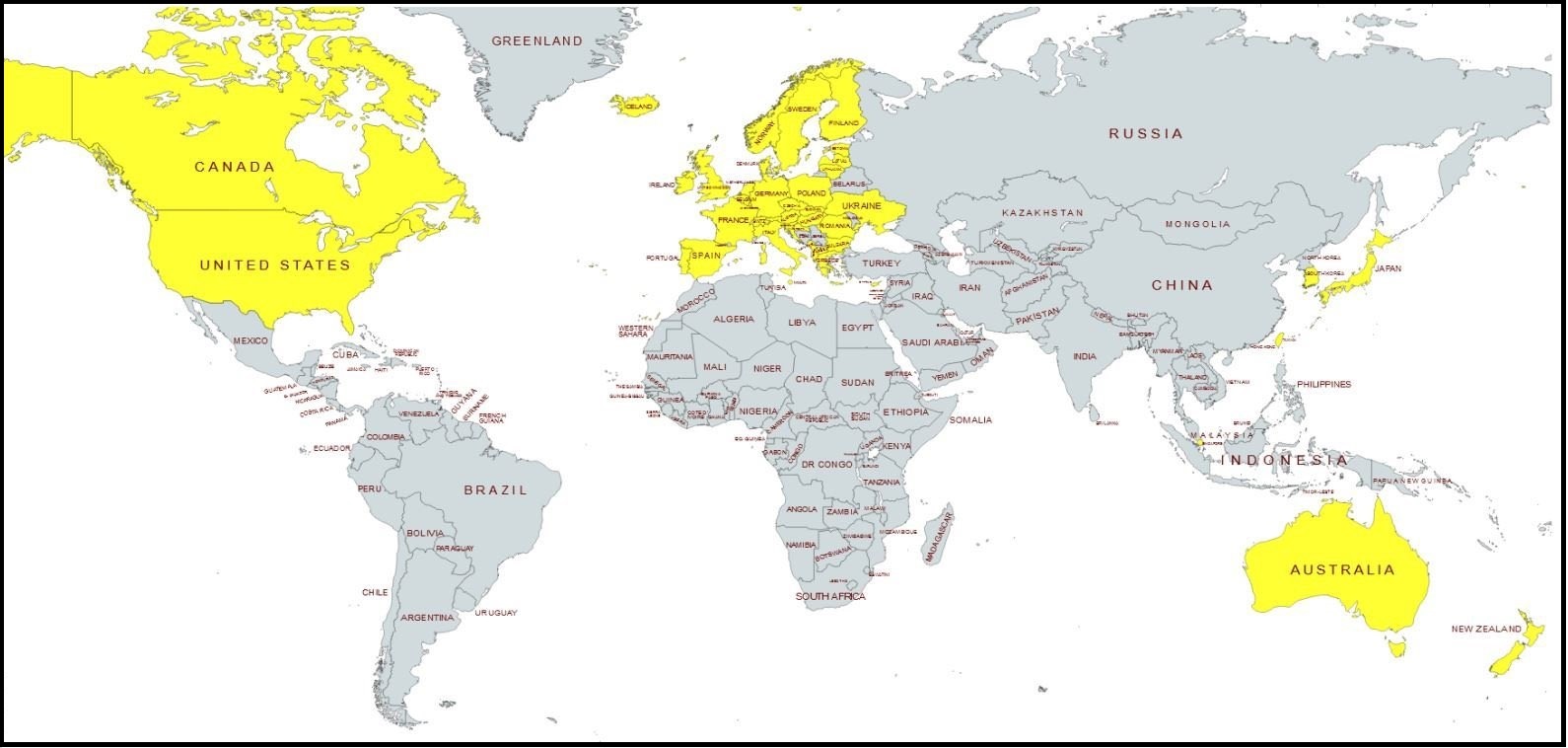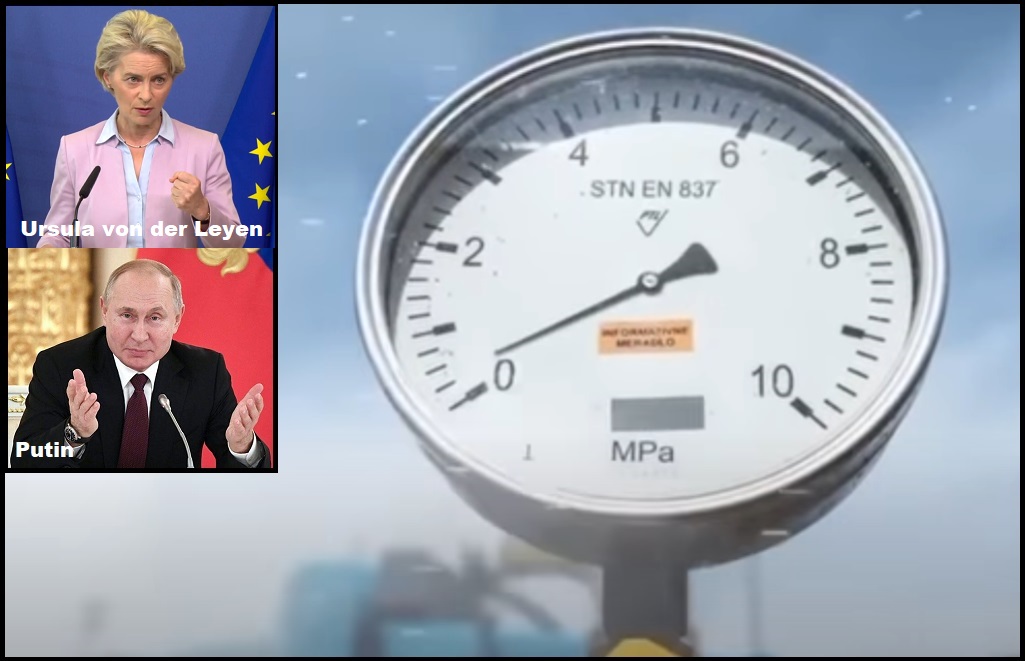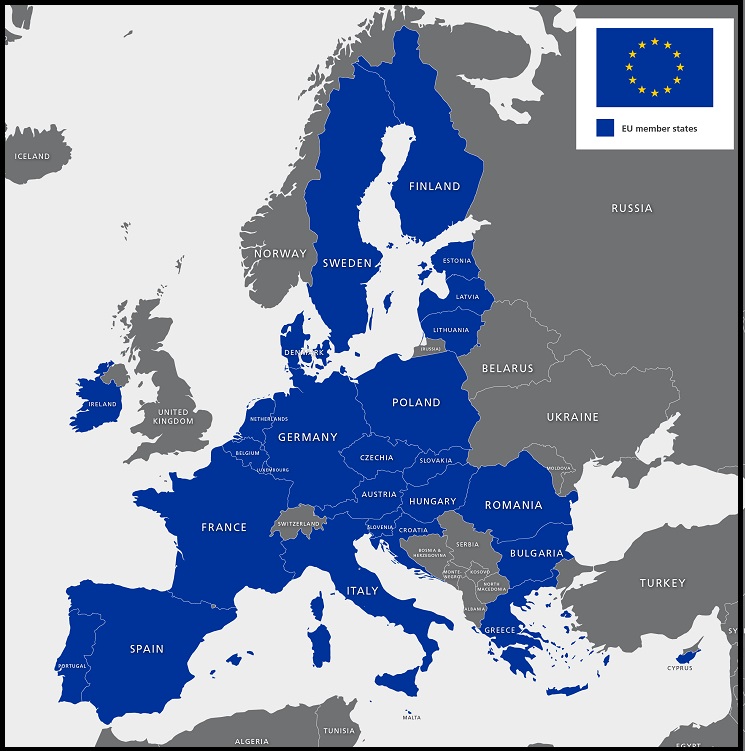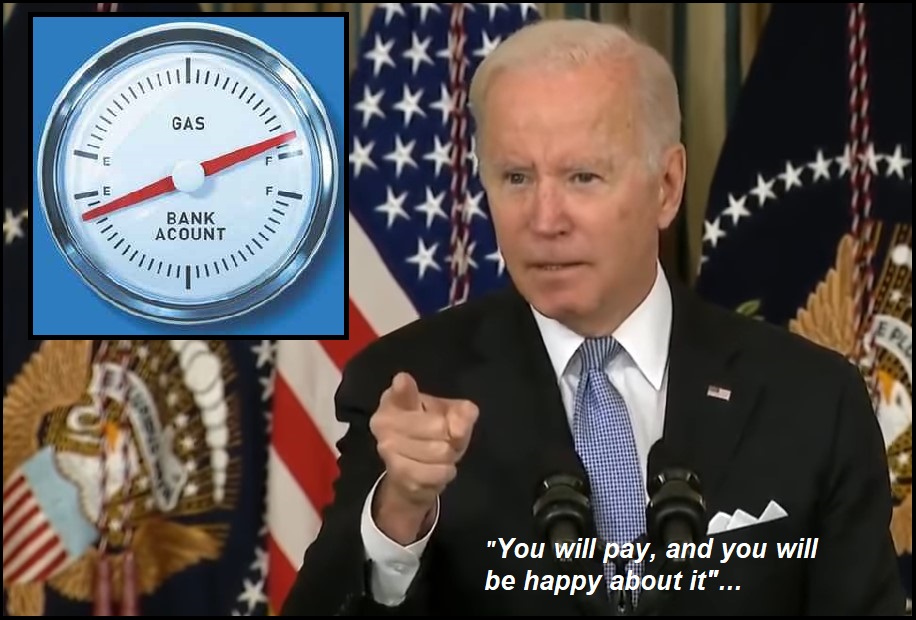Here's tonight's news:
https://www.woodtv.com/news/to-the-point/to-the-point-38th-district-house-race-sen-stabenow/
U.S. Sen. Debbie Stabenow, D-Lansing, says Democrats in Washington are trying to respond to inflation and the economy by “moving forward” and rebuilding America.
“We’ve got to rebuild the country and boy is this good news for us in Michigan. It’s not just roads and bridges, now we know that the internet (and) high-speed internet is infrastructure which we have all learned. But things like the Grand Rapids Airport which is so important where we’re putting millions of dollars in to support what needs to be done there as well as all the orange barrels around Kent County and beyond that we are traveling to see,” she said.
Plus we’ll take a look at the 38th House District race. All that and more on this “To The Point” episode for the weekend of Sept. 10.
Ever since Cain told Adam and Eve, “Yeah — what do you know, and how should I know where Abel is?” every generation spends its youth firmly convinced its conceptualizations regarding The Way Things Ought To Be are the sum total of all wisdom. Experience? Totally unnecessary. Who needs it, when we talked about this in class last week? With all the hubris of Bullwinkle preparing to pull a rabbit out of a hat, each generation proudly proclaims it possesses all the answers, so outta the way, old fogies; watch us save the world!
Every generation also learns, albeit 15 minutes too late, that not only does it not have all the answers, it doesn’t have so much as the questions right. Armed at long last with true wisdom, the generation in question attempts imparting this knowledge to the next generation … which, even as the now imparting ones did to their preceding generation, ignores them. Because they already have all the answers.
In recent history, there has been a generation that might not have had all the answers, but it had all imaginable challenges thrown in its face, yet emerged triumphant. It was the one that grew up in the 1930s and 1940s, first buffeted by the Great Depression and then dragged into the Second World War, one that made the first seem like a disagreement on seating arrangements at a high tea social. This generation won the war, went home, made a whole bunch of babies, AKA Boomers, currently being blamed for all the world’s problems–and then started taking their leave, after a job far better done than for which the clenched little self-satiated social justice warriors pretending to be historians are willing to give them credit.
Queen Elizabeth’s passing is a sobering reminder that those once taken for granted due to their omnipresence — namely, the Greatest Generation — have now dwindled to a precious few. Forget the imbeciles screaming about colonialism, something Elizabeth had nothing to do with. Remember that when there were world problems far outstripping hurt feelings and illusionary oppression on social media, then-Princess Elizabeth was a legitimate badass.
When Princess Elizabeth turned 18 in 1944, she insisted upon joining the Auxiliary Territorial Service (ATS), the women’s branch of the British Army. For several years during the war, Britain had conscripted women to join the war effort. Unmarried women under 30 had to join the armed forces or work on the land or in industry. King George made sure that his daughter was not given a special rank in the Army. She started as a second subaltern in the ATS and was later promoted to Junior Commander, the equivalent of Captain.
Princess Elizabeth began her training as a mechanic in March 1945. She undertook a driving and vehicle maintenance course at Aldershot, qualifying on April 14. Newspapers at the time dubbed her “Princess Auto Mechanic.” There were a wide range of jobs available to female soldiers in the ATS as cooks, telephonists, drivers, postal workers, searchlight operators, and ammunition inspectors. Some women served as part of anti-aircraft units, although they were not allowed to fire the guns. The jobs were dangerous, and during the course of the war, 335 ATS women were killed and many more injured. By June 1945, there were around 200,000 members of the ATS from across the British Empire serving on the home front and in many overseas theaters of war.
Not all of the Greatest Generation is gone, but most have already taken their leave. Queen Elizabeth was the last world leader remaining from the Great Depression and war days. She conducted herself throughout with grace, something the Meghan Markles of this world cannot claim. She also conducted herself with humor.
Godspeed, Your Majesty.
As midterm spending intensifies, Republicans should prepare to talk about Democrats’ green agenda as another front in the elite culture war on America’s middle class. Amid the GOP’s struggle to bridge pre-Trump establishment politics with post-Trump populism, Democrats’ class warfare makes that task much easier.
Establishment Republicans who cut ads and cash checks are inclined to talk about dollars and cents, assuming it’s enough to motivate voters in a bad economy. They see this approach as one that is mutually exclusive with the culture war, allowing them to avoid the issues that make cocktail parties uncomfortable while also amassing power in Washington and keeping special interests happy. It’s a win-win!
Trump-aligned populists, on the other hand, saw vindication in Glenn Youngkin’s blue-state gubernatorial victory last year. One lesson of that election, as we’ve written here for years, is to understand the culture war as “the big tent” — a narrative that when properly framed is more moral and more politically expedient than avoiding the matter altogether.
This is at least somewhat fueling the ongoing feud between Senate Minority Leader Mitch McConnell, R-Ky., and Sen. Rick Scott, R-Fla. As Federalist Senior Editor Christopher Bedford wrote last week, McConnell “is angry the base didn’t choose his guys” in midterm primaries. Scott then took a shot at McConnell for publicly grumbling about certain candidates. But McConnell’s distaste for culture warriors like Blake Masters needn’t linger into the fall.
When California asks people to buy electric vehicles, then tells them not to charge the cars, we witness more than fiscal stupidity. The middle class is being forced to shoulder the burden of a haphazard green agenda that squeezes regular Americans in the short term for the sake of achieving foolish long-term energy goals. California’s clumsy attempt to transition to renewable energy is mirrored nationally by the Biden administration.
Americans are paying higher prices now because of Biden’s regulatory war on fossil fuels. Senior Editor David Harsanyi put it well when he wrote, “Democrats are rigging the market to force you to buy a car that has a 200-mile reach and uses erratic and expensive energy when you already have increasingly efficient models in your driveway and tens of billions of easily accessible barrels of offshore fossil fuels here at home — and much more around the world.”
“We have centuries worth of the stuff waiting in the ground,” he added. “Which gives us enough time to come up with some better ideas.”
As David points out, a Berkeley study found over 90 percent of taxpayer subsidies for electric vehicles went to the top income quintile as of 2015. The numbers overall are striking. “Since 2006, U.S. households have received more than $18 billion in federal income tax credits for weatherizing their homes, installing solar panels, buying hybrid and electric vehicles, and other ‘clean energy’ investments,” wrote the authors. “We find that these tax expenditures have gone predominantly to higher-income Americans. The bottom three income quintiles have received about 10% of all credits, while the top quintile has received about 60%.”
Taxpayers have been funding subsidies for people who can already afford them. Money goes out of their paychecks and into their rich neighbors’ Chinese solar panels. Renewables in general will replace our dependence on OPEC with dependence on China. Alternatively, we could allow Americans to go about business as usual while eliminating excess emissions where it’s affordable (see: carbon capture), improving nuclear technology, and making other energy sources more efficient.
If countries like China and the quickly growing India don’t meet emission reduction goals, Americans will have suffered needlessly. China emits more greenhouse gases than every developed country combined.
Higher fuel prices don’t affect John Kerry like they affect the 58 percent of Americans living paycheck to paycheck. For the laptop class, much of which resides in walkable cities, an extra few bucks in gas or taxes is annoying but fine. For others, it’s enormous stress, it’s a second job, it’s less time with their children, more debt, or fewer drives to see relatives.
Overall, to put it bluntly, high-profile environmentalists want to normalize a world with fewer children, less steak, and less driving. That amounts to a war on American culture. It’s a political gift to Republicans and a moral imperative to fight. Not for the sake of cheap cuts of beef at Outback Steakhouse, but for the sake of communities and human flourishing.
When white-collar Republican politicians talk about “pain at the pump” this fall, what they’re really talking about is the consequence of a culture war on America’s middle class — one that burdens the unwashed masses with lifestyle sacrifices our elites can weather more easily or simply refuse to give up altogether.
Many wealthy policymakers and investors will profit majorly off the transition to “clean” energy while they force others to change their lives and fork over more of their paychecks. This is easy messaging for Republicans. Worried about culture warriors talking about Drag Queen Story Hours and abortion? First, don’t be. Second, consider “ESG” — environmental and social governance — as an all-encompassing corporate agenda to join forces with groups like Planned Parenthood to bulldoze our culture. The left sees these causes as intertwined, and the right must understand that.
As working-class voters shift away from the Democratic Party, the left’s agenda becomes increasingly entangled with the interests of elites, from environmentalism to student loan bailouts to marriage to policing. Republicans should be shrewd enough to recognize the opportunity and smart enough to understand the stakes are higher than partisan politics.
The decision by Judge Aileen Cannon to appoint a special master in the case surrounding the raid of Donald Trump’s Florida home sent “legal analysts” into an apoplectic rage. Calls for her impeachment flowed while others suggested she had been paid off. Apparently, it is completely out of bounds for a judge to not do exactly what the DOJ wants. Who knew?The response was especially ironic given prior attempts by the press to consider criticism of judges off limits when it suited them. As we learned from the Dobbs decision, though, it’s fine to protest and even threaten the lives of judges who flaunt the wants of the left. But if Donald Trump calls a partisan judge an “Obama judge,” well that’s just an attack on our democracy we can’t sustain. That makes sense, right?
Now, the process is moving forward to pick a special master, and the DOJ has made its requests. In a moment that is so perfectly on brand, their filing suggested one person from the SDNY and another from the DC Circuit, the two favorite jurisdictions of Democrats everywhere.
I want to focus on Barbara Jones specifically. Who is she? Well, she was the special master assigned in the Project Veritas case that essentially ended up with the DOJ getting everything they wanted. As RedState previously reported, the FBI viciously targeted James O’Keefe and his organization for possessing a diary that Ashley Biden, the daughter of the president, abandoned. In the end, the two people who first took the diary from the halfway house it was left in were forced to plead guilty.
As far as I can tell, the FBI has never previously gotten involved in cases involving abandoned diaries. Why did they do so in this case? Well, the contents were somewhat inconvenient for Joe Biden, to say the least, and given the outcome, does anyone reading this think it’s a coincidence that the DOJ wants Barbara Jones on the case again?
It doesn’t stop there, though. Jones was also the special master in another high-profile case you may have heard of: The Michael Cohen prosecution. Jones’ role in that instance specifically dealt with privileged information related to Donald Trump. Again, does anyone think it’s a coincidence the DOJ wants her to do the same thing regarding the documents seized in the Trump raid?
To make matters worse, the DOJ is also requesting that the special master, whoever it is, not even be allowed to review documents subject to classification or executive privilege.
Did you get all that? The DOJ doesn’t want the special master to have any say over the documents that are most in dispute, including those holding possible executive privilege, but it wants them sent to the NARA without question.
This is just a blatant attempt to rig the game, and don’t think this begins and ends with Trump. This is how the DOJ behaves in all its cases. The bloated federal law enforcement bureaucracy is so used to being given an unfair advantage by the courts that they don’t even attempt to hide how shameless their requests are. In this case, Judge Cannon appears to understand the game, though, and I suspect she won’t be appointing Barbara Jones to anything.
There is a particular historical irony in the timing. On the same day King Charles III ascends the throne, previously Europe’s most isolated from consequence – yet loudest voice in chasing the catastrophic climate change energy policies, the British government is forced to reverse course on years of energy regulations and restrictions.
Britain’s new Prime Minister Liz Truss announced, “a new round of oil and gas licensing will come next week with more than 100 licenses issued. A moratorium on fracking will be lifted and planning permission can be sought where there is local support,” in an urgent emergency effort to lower energy costs for British citizens.

The move comes in combination with a government plan to help citizens and businesses cope with skyrocketing prices for electricity and home heating fuel. The climate change chickens have come home to roost throughout Europe and the British government is urgently trying to head-off the calamitous consequences.
Inside the media announcements of the Truss plan, the biggest concern expressed is how the financial and multinational banking sector (the ESG investment groups) will respond to the government position. After decades of ideological “green” outlooks flowing into the energy industry, the biggest concern expressed in the financial analysis is how a reversal by such a large economic system will reverberate.
The climate change ideology has a stranglehold on the energy sector of the economy, this move by Great Britain would be the most significant push-back in decades. The minority green activists are apoplectic that they may lose control over the majority of opinion. The economics of a reversal in energy policy could reverberate throughout the western alliance, particularly in Europe. It will be interesting to see whether this shift in U.K. policy has ripple effects in the U.S.
LONDON, Sept 8 (Reuters) – Britain’s move to green-light dozens of new oil and gas fields will leave investors and banks with a tough PR job as Britain struggles to shore up its energy security whilst sticking to its climate commitments.
Starting new oil and gas projects runs counter to the world’s shift away from fossil fuels in the fight against global warming and a commitment at last November’s U.N. climate talks to phase down their use.
Yet runaway inflation amid conflict in Ukraine has forced the hand of new British prime minister Liz Truss as Russian President Putin seeks to use energy as a weapon this winter.
Britain will launch a new round of oil and gas licensing next week with more than 100 licenses issued, part of a wider package of measures to tackle the energy crisis announced by Truss on Thursday.
And Britain’s not alone in reassessing its energy strategy. Germany, for example, has been forced to turn back to even dirtier thermal coal to help fuel its power plants and keep the lights on, hampering short-term efforts to rein in climate-damaging carbon emissions.
But for energy companies and the investors, bankers and insurers that finance them, new investment in fossil fuels also presents a challenge given many have made their own pledges to reach net-zero emissions by mid-century.
“This will absolutely hinder companies’ … ability to hit their climate targets,” said Pietro Bertazzi, global director of policy engagement and external affairs at non-profit environmental disclosure platform CDP. (read more)
This is the first crack in the western alliance and the ‘climate change’ agenda of the World Economic Forum as it relates to energy policy and ultimately control over human life within the alliance.
The war in Ukraine was being used as a justification to explain the consequences of European energy policy, particularly rapidly increasing costs for energy and food, but the war in Ukraine was not the cause. The true root cause of the exploding inflation and economic mess was the Build Back Better agenda, and the series of policies dictated from within it, that each nation willingly accepted.


War is an outcome of ideology and economics, and the latter is perhaps the most powerful weapon. As the harsh reality of Europe’s insufferable decades-long efforts to embrace the virtues of climate change begin to settle in, the reasonable adults in the conversation are able to see how their weakness is being exploited by their adversary.
 On Sept 7, the President of the European Commission, Ursula von der Leyen held a press conference in Brussels, announcing five initiatives to contain the expensive EU energy crisis: “The goal is clear. We must cut the revenues of Russia that Putin uses to finance this atrocious war against Ukraine.” {Go Deep}
On Sept 7, the President of the European Commission, Ursula von der Leyen held a press conference in Brussels, announcing five initiatives to contain the expensive EU energy crisis: “The goal is clear. We must cut the revenues of Russia that Putin uses to finance this atrocious war against Ukraine.” {Go Deep}
However, Russian President Vladimir Putin made it very clear that any further efforts to weaken his economy, via western sanctions and interventionist efforts against his economy, would be met with retaliation in the form of cutting off all oil and gas supplies to Europe. It appears the Europeans now understand the nature of their vulnerability.
(Via Reuters) – The EU has dropped plans to cap the price it pays for Russian gas.
Energy ministers from the bloc met Friday (September 9) in Brussels. They scrapped plans for the cap after the idea failed to win broad support.
Member states in central and eastern Europe who still get gas from Russia feared retaliation by Moscow. Russian President Vladimir Putin had said he would cut off supplies altogether if a cap was imposed.
However, ministers did agree to claw back revenues from some power producers and will use the money to curb consumer bills. European energy prices are typically set by gas plants. That leaves generators using nuclear, wind or coal raking in revenue, as their running costs haven’t risen as much or at all.
On Friday, some EU nations also argued in favor of a general cap on all gas imports. However, European energy commissioner Kadri Simson said any such move would be risky:
“The general price cap, including LNG imports, could present a security of supply challenge, because the LNG market is a global market. We are not among the three biggest LNG-importing regions or countries, and there is very strong competition in the LNG market and right now it is very important that we can replace the decreasing Russian volumes with alternative suppliers.”
The EU windfall plan will now be fleshed out in the coming days, with another meeting of energy ministers seen possible later in the month. (read more)
President of the European Commission, Ursula von der Leyen previously announced five initiatives to contain the expensive EU energy crisis: “The goal is clear. We must cut the revenues of Russia that Putin uses to finance this atrocious war against Ukraine. And now our work is paying off. At the start of the war, gas from Russian pipelines accounted for 40% of all imported gas. Today it has dropped to only 9% of our gas imports. These are tough times. But I am convinced that Europeans have the economic strength, the political will and the unity to maintain the upper hand,” she said. The United States and Norway are the primary suppliers of gas to the EU to fill the void.
Commissar von der Leyden’s five initiatives included:
(1) Conservation of electricity through forced and mandated cuts in electricity use. The amount of the cut has yet to be determined but reducing demand through forced curtailment of electricity use is the first approach. [Insert California as an example here in the United States.]
(2) A cap on the profit generated by energy suppliers who use renewable energy like wind and solar. The renewable industry has lower costs, yet they are profiting from the top line increase in delivered electricity. The EU commissar is proposing to confiscate the profits of Green Energy suppliers, direct the funds to the member states and then use those funds to subsidize the energy costs of poorer EU citizens.
(3) A cap on the profits generated by traditional fossil fuel energy suppliers (oil, coal, nuclear, gas electricity generation), and the diversion of those profits following the same formula as above.
(4) Banking support and financial liquidity for smaller regional energy providers who are having short term financial issues as they must pay massive amounts of money for the raw material needed to generate electricity. Essentially, the cost of coal, oil and LNG has skyrocketed, and there is a lag between the time they energy company must pay for the fuel source and the time the customer pays the electricity bill. The inbound fuel costs (new) are so extreme the inbound payments for prior electricity (old) are not covering the cost of the new supplier purchase.
(5) A price cap on Russian natural gas. To accompany the increased import of Norwegian and U.S. gas. This sounds like a bizarro effort to manipulate the market which could backfire. If Russian gas is cheaper than EU market gas, the smart energy providers will purchase the Russian gas.
Number five is now scrapped.
Not a single word about increasing the supply of any traditional energy resource. These EU ideologues -bureaucrats within a system that is not representative of democracy- are so committed to the cult of climate change and renewable energy, they are willing to destroy the EU economy in order to lower demand to the level of their windmills and solar farms. However, it looks like alternate, perhaps even sensible people within the EU, are starting to realize the ‘climate change’ ideologues are the real and present danger.


It is good to see at least one energy finance analyst at the Institute for Energy Economics and Financial Analysis, speaking commonsense. In an article by Clark Williams-Derry for Barron Magazine [SEE HERE], the author accurately outlines how significant U.S. Liquified Natural Gas (LNG) exports are driving up prices for American consumers.
 The author accurately refutes the notion that exports do not drive-up domestic prices, by walking through the example of how natural gas prices dropped for U.S. consumers when the liquefied natural gas plant in Quintana, Texas [Freeport LNG] was temporarily shut down, blocking a portion of the export capacity. However, that facility is about to come back on-line and with increased exports from other facilities domestic U.S. prices have already doubled.
The author accurately refutes the notion that exports do not drive-up domestic prices, by walking through the example of how natural gas prices dropped for U.S. consumers when the liquefied natural gas plant in Quintana, Texas [Freeport LNG] was temporarily shut down, blocking a portion of the export capacity. However, that facility is about to come back on-line and with increased exports from other facilities domestic U.S. prices have already doubled.
According to the U.S. Energy Information Association (IEA), U.S. storage of Liquified Natural Gas (LNG) is 12% below the five-year average (LINK). Additionally, the IEA is expecting the U.S. to export 11.7 billion cubic feet of LNG per day during the fourth quarter of 2022 — up 17% from the third quarter. The destination of that export is Europe.
Consider that 43% of U.S. households use LNG for home heating, and power suppliers use LNG to create electricity. With the massive 2022 exports of LNG to Europe (+17% in fourth quarter alone), that means lower domestic supplies and increased prices here in the United States for electricity and home heating. We are seeing and feeling these massive price increases right now.
Barrons – […] If you need more evidence of the impact of natural gas exports on prices, just compare supply and demand fundamentals for the year leading up to February 2020 (the last pre-pandemic month) versus the year leading up to this May (the most recent month with full federal data). Annualized production rose over the period, while domestic consumption remained roughly flat. Yet LNG exports almost doubled—a surge that tightened U.S. gas markets and doubled the price that U.S. consumers pay for the fuel.
The growth of global demand for U.S. LNG can be tied to many market forces, including the shortfalls in Europe due to Russia’s manipulation of European Union gas markets. Sustained high demand in wealthy Asian nations has contributed to export growth as well. And so has the U.S. gas industry’s dogged determination to ship its wares to the highest bidder, foreign or domestic.
Russia’s role has been particularly critical in the rise of global LNG demand. As Russia choked off gas shipments to Europe, EU buyers have turned to global LNG markets to make up the shortfall. Global LNG prices rose in response, and U.S. LNG companies ramped up output, shipping more cargoes to Europe. But Russia responded by further clamping down on gas supplies to the EU—a vicious circle that has hurt Europe’s economy even more severely than it has harmed America’s.
There’s little sign that U.S. gas prices will ease in the coming years. Freeport’s demand will be back online soon enough, and there are three other massive LNG export projects under construction, with more than a dozen of others waiting for financing.
[…] Curiously, federal regulators have consistently found that the gas export projects are in the public interest—meaning they were in the economic interest of LNG companies and gas drillers. But now, exports are creating sky-high costs for U.S. consumers, and drillers are reluctant to boost gas output lest prices fall back to earth. So, it’s high time to consider whether soaring U.S. LNG exports are actually in America’s interest—or if, instead, runaway LNG exports are fueling energy inflation and undermining the nation’s economic competitiveness. (read more)
Not only are U.S. taxpayers directly paying for the majority of costs in Ukraine, but we are also subsidizing the European Union by exporting LNG and driving up the price for energy here at home.
We the taxpayers are directly paying Ukraine, and indirectly paying Europe to maintain gas sanctions against Russia. As a result, we the taxpayers are also paying higher prices here at home. This is the reality of the current exfiltration of wealth as created by the Biden administration.
FUBAR
